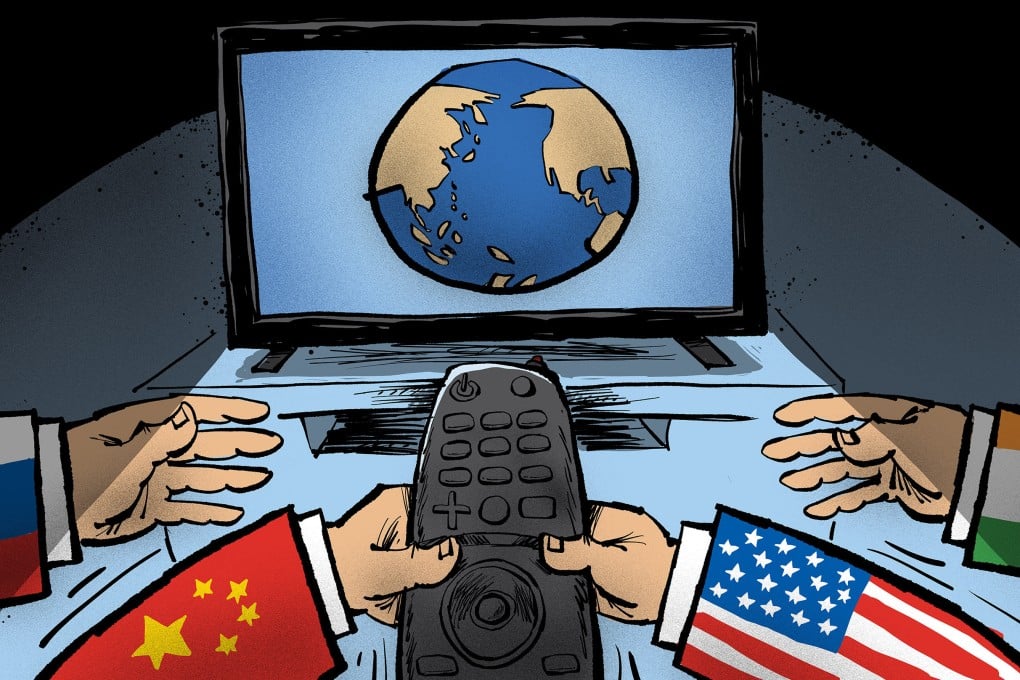Opinion | Beyond US-China tussles, geopolitics will be shaped by India, Russia
As the global strategic framework moves on from the uneasy period of US hegemony and China’s rise, a critical quadrilateral is forming

China continues to be the target of US security and strategic concerns. An abiding policy focus since Donald Trump’s first presidential term in 2017-2021, the anxiety about Beijing has been reiterated in Joe Biden’s current tenure with all the early signals suggesting the policy will continue when Trump assumes office again on January 20.
In the wide-ranging, rambling, headline-grabbing press conference at his private residence Mar-a-Lago in Florida on January 7, Trump accused China of controlling the Panama Canal and adversely affecting US national and economic security. In relation to Greenland, he cited Chinese and Russian activity in the region as degrading US national security.
Many of the assertions are counterfactual and have been refuted, but China’s threat to the US-led global order will be an abiding theme in Trump 2.0.

